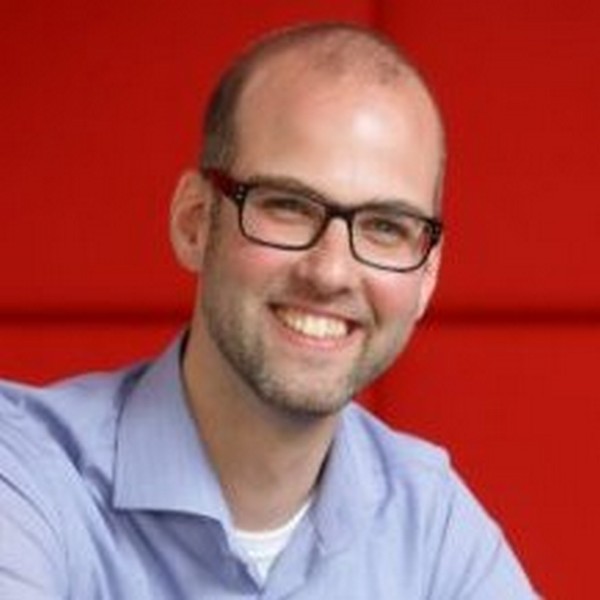

We catch up with Sjoerd van den Heuvel, People Analytics Researcher and Lecturer at The University of Applied Science Utrecht, to find out his thoughts on People Analytics and the upcoming World conference.
How long have you been working in or involved in People Analytics?
The last four years I have been focussing exclusively on People Analytics, in my academic research, my teaching activities, my in-company trainings, and as a speaker. But the question is interesting, considering how you define People Analytics. For about 10 years I am combining science and practice in the ‘People’ domain. I conducted my PhD research in Human Resource Management while I was an HR consultant at Capgemini Consulting. That was people analytics to the max.
How well do you feel the industry is progressing?
On the one hand the industry is progressing really fast. The academic world is coming up to speed now as well, which is good. My worries would be if we move into the right direction. Especially with regard to our ambitions for people analytics. Do we want it to improve organizational effectiveness. And only that? Or do we, and perhaps should we, apply it mainly to improve employee wellbeing and societal wellbeing, which eventually also results in sustainable organizational effectiveness.
What are your 2017 predictions for HR and People Analytics?
Well, we have done research on how People Analytics will develop in the next ten years. I predict that there will be a stronger debate on where to position People Analytics in the organization, as a result of inefficiencies caused by the positioning within the disciplines. Furthermore, and I notice this also on the requests we get for our People Analytics educational programs, organizations will increasingly think about how they can develop the People Analytics competencies of their staff, whether it concerns HR, leadership, finance, or IT professionals.
What’s been your greatest challenge(s) within People Analytics?
My main challenges have been on developing appropriate, inspiring, and effective education programs on People Analytics. Difficult questions we as an educational institution – just like companies – need to answer are for example, should we target at the HR professionals or the data scientists? To what extent should we develop the true data science competencies, and to what extent everything around it from change management, storytelling, compliance, and so on? Developing employees in the area of People Analytics will be an important challenge in the next years I believe.


Episode 11: Workforce Planning for Rapid Growth or Downscaling
with Ross Sparkman, Head of Workforce Planning, Facebook
Can you give three general pieces of advice for someone getting started in building People Analytics?
(for example, what do you wish you had known when you started?)
- Wonder if the people developing People Analytics within your organization know the difference between correlation and causality. If not… change them.
- Challenge external parties that advise you on People Analytics, for example by asking them if they run a regression analysis or structural equation model on the dataset. If they don’t know what you are talking about, loose them.
- Draw conceptual models to visualize all the words around your people analytics, to challenge leadership to clarify the causal chain, to challenge them on the complexity in expected relationships, and to enable the data scientist to actually conduct an analyses.
What can we expect from your presentation at People Analytics World?
My goal is simple: to inspire, and make the participant reflect on the extent to which their People Analytics approach is sustainable.
